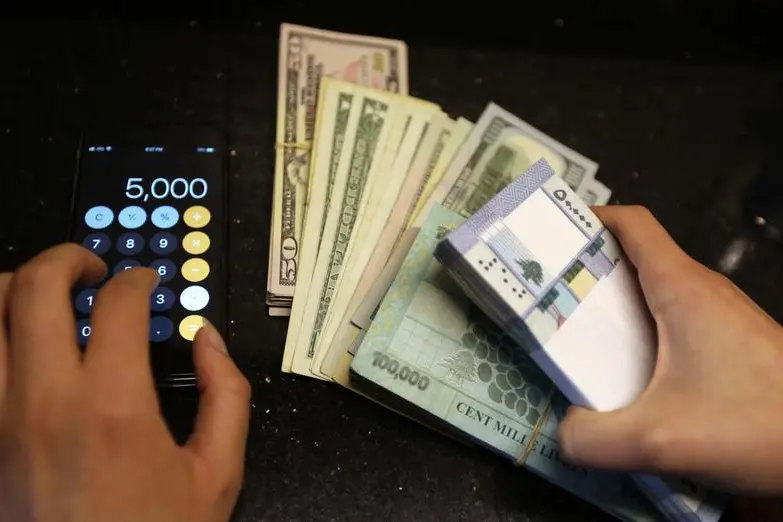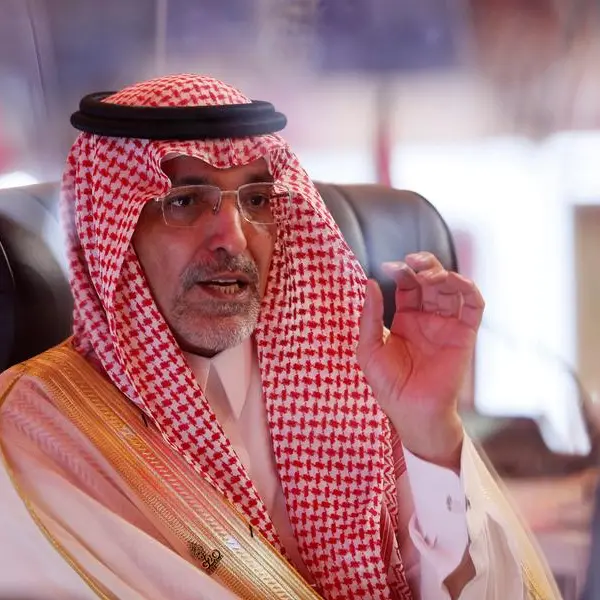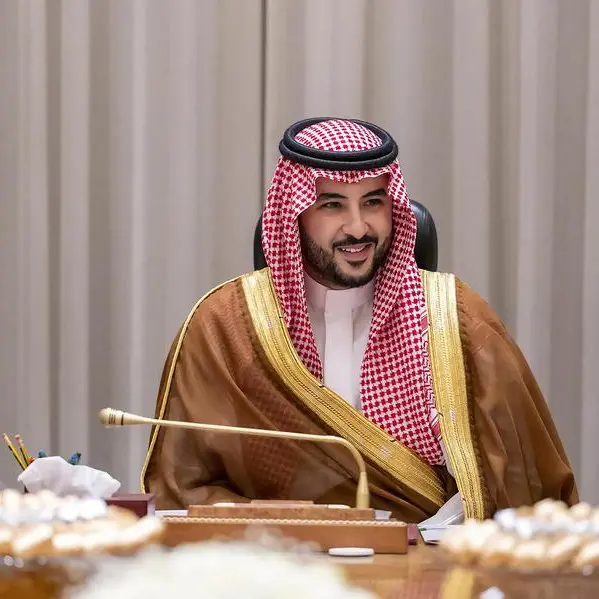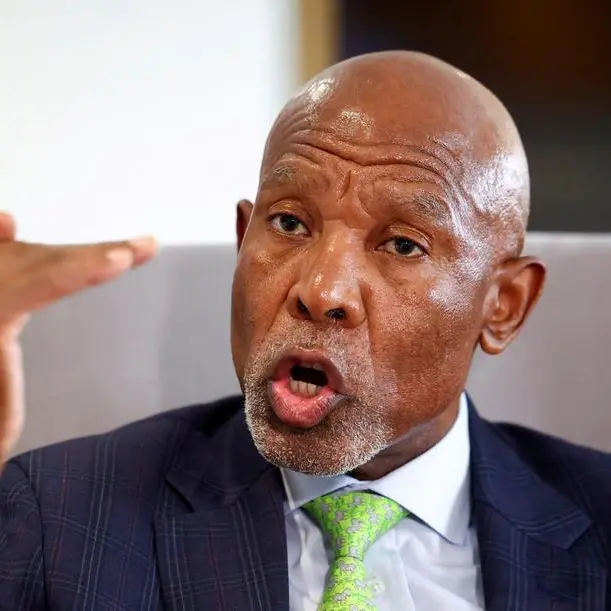PHOTO
BEIRUT/SIDON: Large crowds of people congregated at exchange shops across the country for the second consecutive day Wednesday, trying to purchase dollars at the official rate set by the Syndicate of Money Changers in Lebanon.
Many exchange shops were closed, saying that they did not have dollars to sell. This caused congestion at the doors of the traders that did open shop and who were selling the dollar at LL3,910 and buying at LL3,860. Only two money changers opened in Sidon Wednesday.
In spite of the Central Bank pushing millions of dollar banknotes toward licensed exchange shops since Monday, customers are only able to buy up to $200 after presenting identity documents and explaining why they need dollar notes. Legitimate reasons include needing to import items, or pay dollar denominated loans.
Frustrated customers waiting in line outside one of the exchange shops in Sidon questioned why they should wait for hours to purchase such a small sum when they could buy more notes on the black market with less hassle. Several talked of the humiliation of having to beg for this small sum when banks are imposing capital controls that prevent them from accessing their dollar deposits.
Instead of humiliating people, [Central Bank Gov.] Riad Salameh should allow depositors to withdraw dollars up to a certain amount. That would allow the dollar price to drop as it becomes more available, one customer in Sidon told The Daily Star as he queued.
I bought an apartment and want to furnish it, and the items that I want to purchase were produced locally. Yet they want to sell them to us at todays rate. I cant afford to buy dollars on the black market so Ive been waiting here since 6 a.m., he added.
The head of the Syndicate of Money Changers in Lebanon Mahmoud Halawi told The Daily Star that Banque du Liban injected $3.8 million into the market Monday, and $4.5 million Tuesday. There are 45 class A traders who are purchasing these dollar notes from BDL, and they have 55 branches across Lebanon, Halawi said.
Salameh told Reuters Tuesday that the daily volume being injected into the markets averages $4 million, and that the money is not coming from BDLs reserves.
These amounts are purchased from the market and sold to the market. Thus the reserves of the Central Bank are not at stake," he wrote.
The government and the syndicate agreed earlier in June to work toward reducing the dollar exchange rate to LL3,200 and BDL is set to launch an electronic trading platform on June 23 to manage the daily exchange rate.
"Our aim is with the agreement of the licensed exchangers to bring the price of the dollar progressively lower, contributing as much as we can to stabilize the prices," Salameh said. "This approach is necessary in a cash economy ... [and] we hope that reforms will be enacted ... to bring confidence."
Signs that BDLs intervention was working were yet to materialize, with black market exchangers selling the dollar for around LL5,100 Wednesday.
Halawi said that security measures would need to be stepped up for an impact to be registered on the exchange rate.
The Central Banks injection of dollars is not enough [on its own], but needs to be accompanied by security steps to control the black market, he said.
Authorities Monday established an operations room at the General Directorate of General Security to address the issue and patrols were out in force Tuesday arresting unlicensed traders and closing the shops of licensed traders who were not abiding by the syndicates rates.
A General Security statement issued Tuesday said that its patrols had arrested and launched legal proceedings against 16 individuals of different nationalities who were violating the orders in different areas of the country.
One exchanger in Burj Hammoud had been buying dollars from people and then claiming that he did not have any to sell, the statement said. The patrol found him in possession of $99,000 and an unlicensed handgun, both of which were seized.
Civil society group Kulluna Irada meanwhile said that authorities needed to do more than just implement quick fixes and security measures.
Policing the black market and squandering the few reserve dollars we have left will not stabilize the [pound], the group said Tuesday.
What is needed is to restore trust in the Lebanese system, secure foreign inflows and strategically manage the few [foreign currency] reserves that are remaining, it continued. It has become obvious that the current power structure is not able to deliver this vision, let alone act upon it.
The Lebanese pound since October 2019 has lost as much as 65 percent of its value on the old pegged rate of LL1507.5, which is now used mainly to subsidize the import of wheat, fuel and medicine.
Copyright 2020, The Daily Star. All rights reserved. Provided by SyndiGate Media Inc. (Syndigate.info).





















